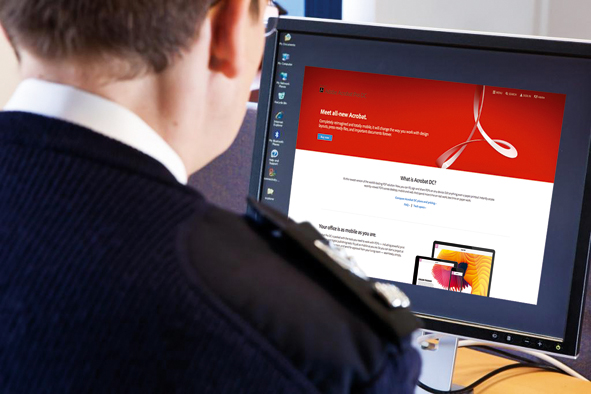Website reveals dangers of social networks
A website entitled PleaseRobMe is hosting a basic Twitter search to show how people are revealing that their home is empty, making it a prime target for burglars. Developed by three men in Holland, the site is critical of new facilities which allow you to update your location on Twitter via a mobile phone and by default announcing to the world that youre not home.

A website entitled PleaseRobMe is hosting a basic Twitter search to show how people are revealing that their home is empty, making it a prime target for burglars. Developed by three men in Holland, the site is critical of new facilities which allow you to update your location on Twitter via a mobile phone and by default announcing to the world that youre not home.
The game making it possible is called Foursquare. It encourages users to update their status as soon as they visit somewhere new: When you check-in someplace, well tell your friends where they can find you and recommend places to go and things to do nearby. People check-in at all kinds of places cafes, bars, restaurants, parks, homes and offices, the website claims.
The real problem is that when people check into their home or a friends home, that information is made public too, making it a simple task to break in when the same person announces that they have left home.
It took just four hours for creators Boy Van Amstel, Frank Groeneveld and Barry Borsboom to put the basic website together. They said they did not create it to encourage crime, but to raise awareness of the risks people are taking by updating their location.
Dont get us wrong, we love the whole location-aware thing. The information is very interesting and can be used to create some pretty awesome applications. However, the way in which people are stimulated to participate in sharing this information, is less awesome.
The danger is publicly telling people where you are. This is because it leaves one place youre definitely not… home. On one end were leaving lights on when were going on a holiday, and on the other were telling everybody on the Internet were not home. It gets even worse if you have friends who want to colonise your house. That means they have to enter your address, to tell everyone where they are. Your address on the Internet.
Charity Crimestoppers advises people to think carefully about the information they choose to share on the Internet and urges users of Twitter, Facebook or other social networks to stop and think before posting personal details online that could leave them vulnerable to crimes including burglary and identity theft.


